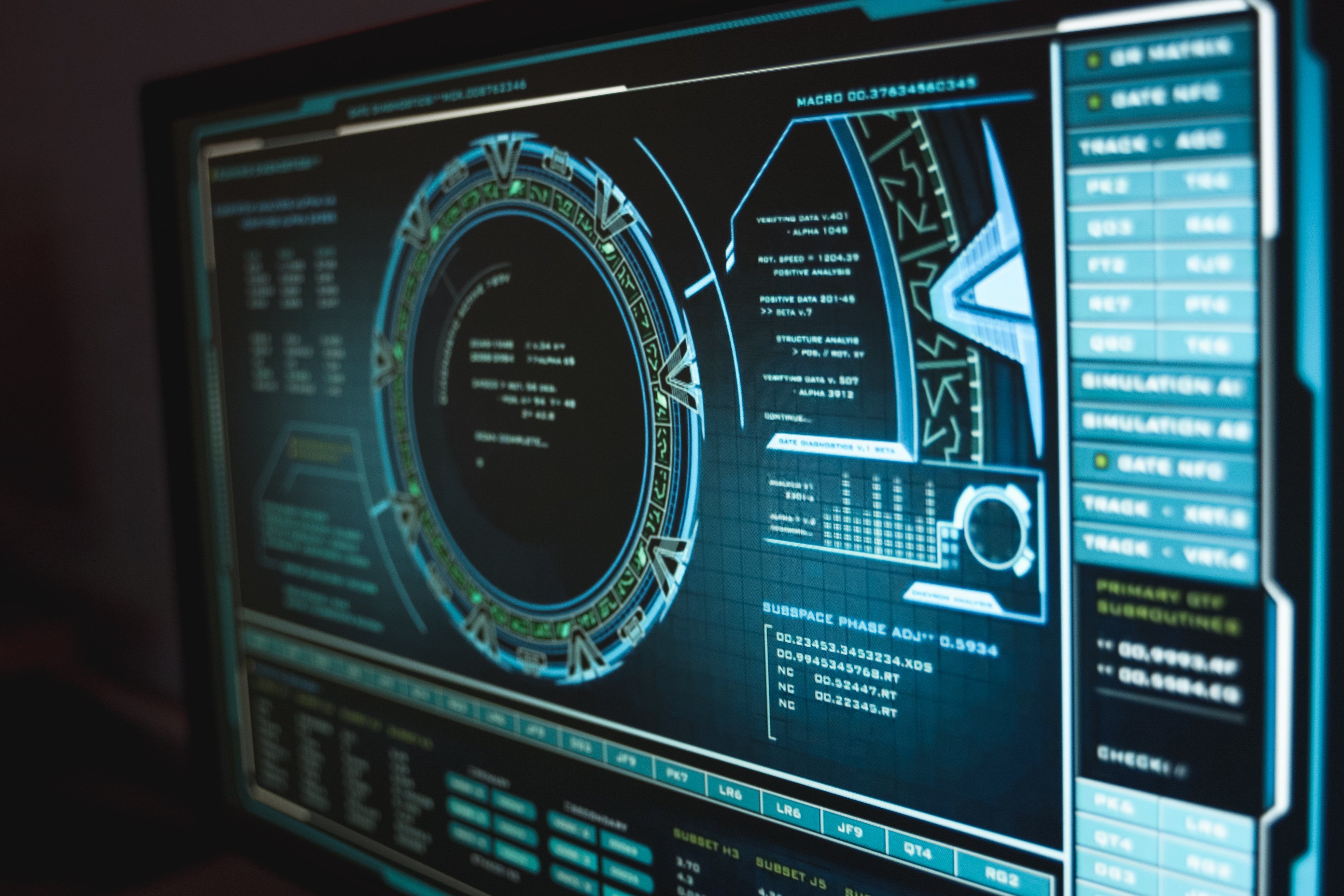Protect Your Computer with Kaspersky
What is a Computer Virus?
Since the worldwide pandemic that started in March of 2020, the amount of remote and hybrid jobs has increased. The vast majority, if not all, of these jobs require internet access. If you work a in remote or hybrid position, then you’ll want your computer to be functional at all times. A computer that malfunctions will hinder you from performing your tasks in a competent manner. What could cause a computer to stop working? Smashing it on the ground will break it completely, though nobody in their right mind would seriously consider doing that. Perhaps, more realistically, you accidentally spilled a cup of coffee on your laptop. It’s common knowledge that liquids adversely affect electronics. Then again, something smaller than an ant can harm your computer. These minions attack your computer by the thousands. They are called viruses.
But what exactly is a computer virus? Wikipedia states that it’s a kind of malware that creates copies of itself by transporting its content into other computer programs, altering the latter. Any software that is specifically designed to cause disruption to hardware, other software, or networks is malware. Malware can destroy data, steal sensitive information, and damage hardware. Computer viruses require a program to function as a host.
The first computer virus, known as the Creeper program, was created by a computer programmer named Bob Thomas. Thomas worked for Bolt Beranek and Newman Inc. (BBN), a company that advanced the fields of acoustics and computer technologies. The programmer originally intended for the confirmation that a self-replicating program could be created. Having no malicious intent, Creeper displayed a short message. Succeeding viruses were problematic though. Take Elk Cloner, a disk-damaging virus created by an adolescent in 1982, for instance.
How Are Viruses Removed?
How are viruses removed from computers? According to McAfee, if the virus comes with a newly installed application, then the app can simply be uninstalled. Run a scan afterwards to double check your system. Check for any message tells you if the creepy crawlers crawled more deeply into your system. There are methods of removing a virus without the use of antivirus software. You can stop running programs that are linked to the virus through the Task Manager. You can turn Defender Firewall, a network security system, on. You can disconnect the internet from your computer, since some viruses spread through the connection. There are multiple ways to clear viruses without an antivirus software. However, it is more efficient to prevent viruses from entering your system in the first place, hence the cliché mentioning the ounce of prevention.
In this manner, a computer virus is no different than a cold or flu virus. Neither are wanted. Both share other commonalities as well. Both need a host to exist. Both are a hassle to remove.
However, there is one key distinction between a computer virus and a biological virus, or rather, there’s a distinction between their respective hosts. Unlike that of the latter, the host of the former has no immune system. If a human catches a cold virus, then said human’s immune system will fight the virus off. The immune system, not the virus, generates the soreness in the throat and the mucus in the nose. A computer, in contrast to a human, is an inanimate object. It has no independent-acting immune system. It needs a human to help it remove viruses. But again, getting rid of malware can be a struggle. It’s better to prevent an infection, hence the creation of antiviral software.
Use Kaspersky for Protection
Which antivirus program should you pick? I vote for Kaspersky Internet Security. I’ve used the software for several years. I fail to remember the last time any computer I have owned (including the one I have now) froze or malfunctioned. Kaspersky, as a company overall, is trusted by well over 100 million users. The company’s antivirus programs are used globally. Don’t wait. Protect your computer with Kaspersky.

